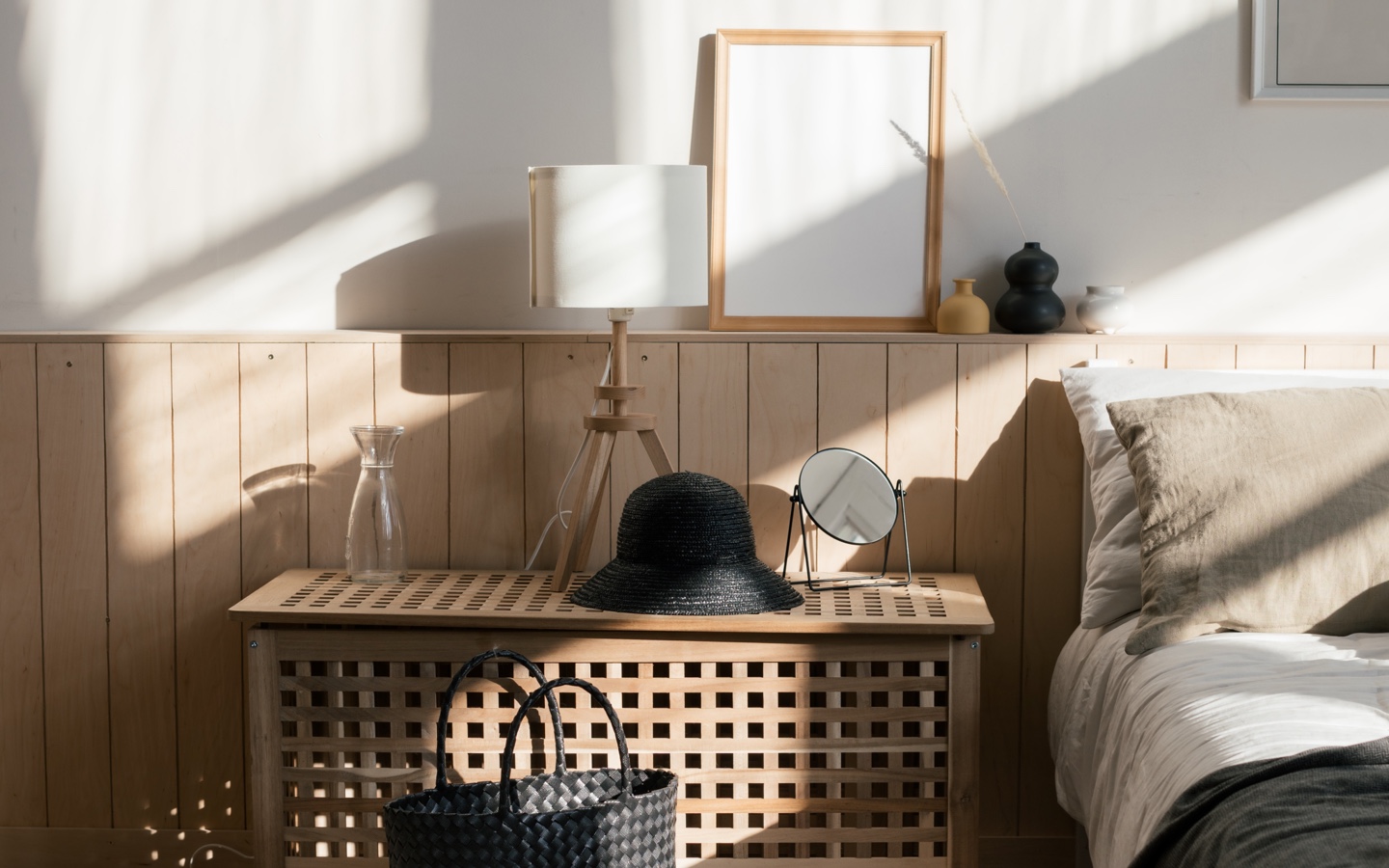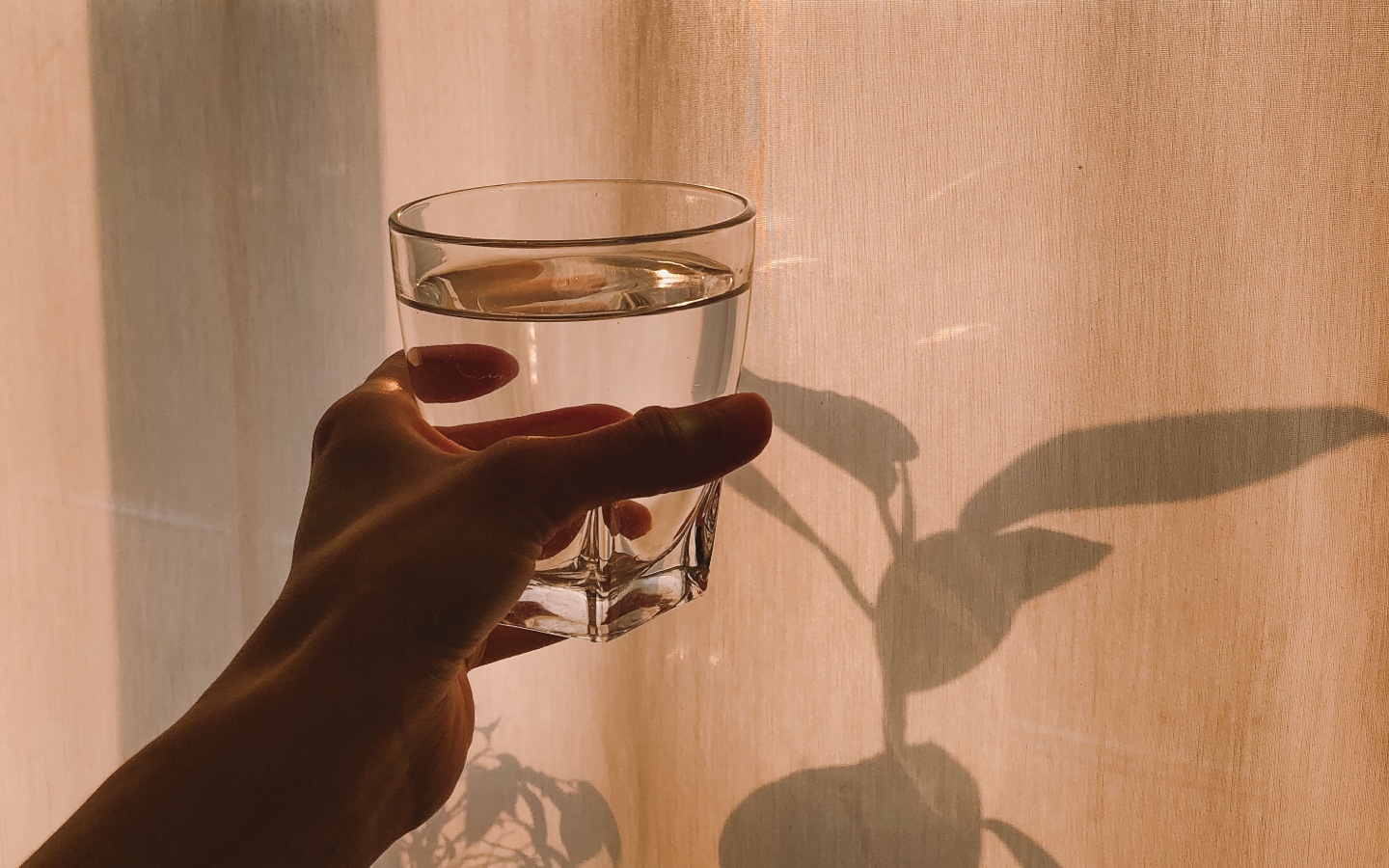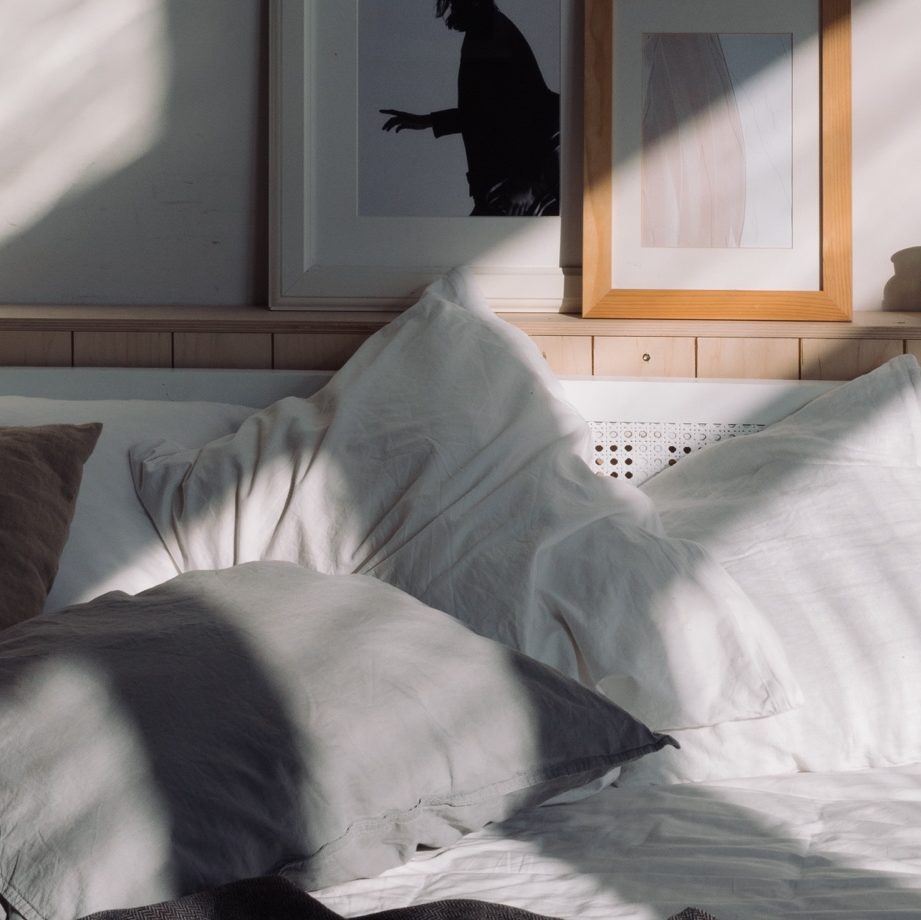Skip the nightcap. The key to a good night’s sleep is an alcohol-free evening.
We’ve all been there. It’s been a tough few days, so you pour a glass of wine or make a cocktail to relax and calm your nerves. Another drink or two later, it’s time for bed. And even though you fall asleep in the blink of an eye, you toss and turn all night, arising the next morning a little worse for wear.
The culprit? The alcohol you drank the previous night. What a lot of people don’t realize is even as little as two glasses of wine or a couple of beers before bedtime is a major disruptor of quality sleep.
We spoke to Dr. Angela Holliday-Bell, a certified clinical sleep health specialist to better understand the relationship between alcohol and sleep and how to ensure you’re getting much-needed slumber.
 Dr. Angela Holliday-Bell is a board-certified physician, certified clinical sleep specialist, and sleep coach. Her sleep blog has been featured as one of the top 50 blogs in sleep and she has contributed to a number of online and print publications. She is the founder and CEO of her sleep coaching company The Solution is Sleep LLC, which she created to help people everywhere live happier, healthier, and more productive lives through better sleep.
Dr. Angela Holliday-Bell is a board-certified physician, certified clinical sleep specialist, and sleep coach. Her sleep blog has been featured as one of the top 50 blogs in sleep and she has contributed to a number of online and print publications. She is the founder and CEO of her sleep coaching company The Solution is Sleep LLC, which she created to help people everywhere live happier, healthier, and more productive lives through better sleep.
Read more: How Sleep Affects Metabolic Health

Dr. AHB: Alcohol tends to be disruptive to sleep and has a negative impact on sleep quality. It has the most impact on REM or dream sleep and it generally leads to middle of the night and early morning wakings.
Dr. AHB: I am not aware of any sleep disorders that are directly caused by alcohol overconsumption. However, drinking too much alcohol before bed can precipitate obstructive sleep apnea (OSA). This is because alcohol impairs certain aspects of respiration needed to overcome airway occlusion that causes OSA.
Dr. AHB: Alcohol initially acts as a sedative that makes it easier to fall asleep. The problem is that it’s metabolized by the body very quickly, usually within one to three hours — and those metabolites become activating.
So after the alcohol is broken down, it makes you feel more alert, leading to middle of the night and early morning wakings.
Dr. AHB: The amount of alcohol does make a difference in how much your sleep will be affected, with more sleep disruption occurring with the more alcohol you consume. One glass of wine may not have very much of an effect on sleep, while a few glasses or multiple shots of hard liquor will likely be more disruptive.

Read more: 4 Ways to Feng Shui Your Bedroom For Better Sleep
Dr. AHB: The type of alcohol is not as important as the percentage of alcohol and the quantity of the drink. The more you drink and the higher the concentration of alcohol, the more it will disrupt your sleep.
Dr. AHB: You can definitely limit the effects of alcohol on your sleep by adjusting the time you consume it. I generally recommend not consuming alcohol within three to four hours of your bedtime.
Dr. AHB: Instead of alcohol, I recommend engaging in a soothing and relaxing bedtime routine. You can do things like take a hot shower, read a book, listen to soothing music, or do a sleep meditation. All of these things help promote relaxation and lead to deeper, better quality sleep.
Read more: Easy Breathwork Techniques For Better Sleep
Have feedback on our story? Email [email protected] to let us know what you think!

Shop Pillows
The Essential Organic Pillow Collection
Gentle, breathable, non-toxic support.





